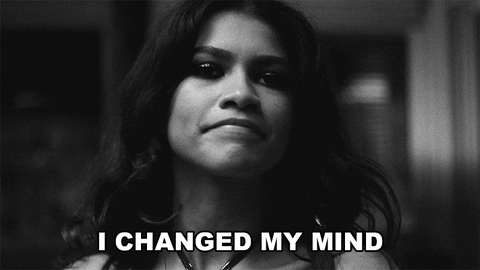I thought IF was all the rage back in 2012. Guess I was ahead of the curve? It’s amazing how much a person’s perspective can change in just a decade.

It actually blows my mind how much IF has blown up since then. At the time it was kind of fringe and had a mystique of being advanced, special, kind of magic. It was the “biggest advance in fat loss,” or so we were told.
A lot of research has come out on IF since then!
We’ve found that it doesn’t beat calorie restriction for weight loss. When calories matched, it’s exactly the same. It doesn’t do anything special at all.
In my defense — I wasn’t reading a lot of research yet in 2012. I didn’t even start attempting to read research until 2014, and that’s what ultimately sent me back to school. I guess also in my defense, we didn’t have the same kind of high quality randomized controlled trials on IF that we have now.

We’ve seen that IF works really well for some folks (the ones who like it) and it takes other people down a path that’s kind of disordered. For some, it helped them to get a handle on hunger as not being an emergency. For others, it just really magnified the unhealthy habit of not eating when hungry (because of a rule) and eating extra when not hungry (because of a rule).
If you’re someone who feels good skipping breakfast anyway, it’s probably great!
If you aren’t, then IF is a really stupid rule-set. Most of my clients find that they have a much easier time managing their snacking (not stress snacking, not boredom snacking, not emotional snacking, and not procrastination snacking) when they eat breakfast.
Anyway, if you want a really in-depth article, where I break down a lot of the research on meal timing, meal frequency, fasting, and who IF is and is not a good fit for, check this article out at GMB Fitness (where I’m the head coach and creator of GMB Eating Skills): https://gmb.io/intermittent-fasting/

Leave a Reply